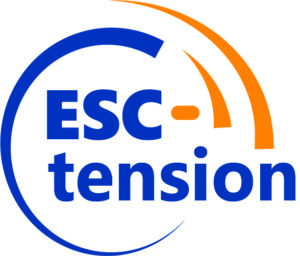
Fondazione ENDISU coordinated the ESC-tension – European Student Card Extension and Adoption, which started in November 2020 and ended in October 2022, for an overall duration of 24 months.
The following partners joined the consortium: Fondazione EDUCatt (Italy), Universidad de Malaga (Spain), Humboldt Universitaet zu Berlin (Germany) and Katolicki Uniwersytet Lubelski Jana Pawla II (Poland), the European Campus Card Association (Ireland) and the European Student Union (Belgium).
The project is part of the wider European Student Card Initiative and in the framework of the European Education Area and has the aim to facilitate the adoption of the ESC.
The EU Commission invested considerably in the development of the European Student Card Initiative as a key means to implement and realise the European Educational Area by 2025.
The European Student Card (ESC), one of the building blocks of the Initiative, provides for a consolidated and reliable mechanism for students’ authentication, exchange of students’ data and interoperability among EU Higher Education Institutions (HEI) to guarantee access to students’ services to streamline and facilitate mobility.
Starting from that vision and realizing that a major factor of resistance to the adoption of the European Student Card (ESC) is the lack of awareness among students in Europe about the potential of the card and its benefits, there is a need to act on the end-users of ESC promoting a bottom-up approach to foster its adoption and use among students.
The results of the ESC-tension project were disseminated during the “ESC-tension weeks”, the events that took place in each partner country. The Italian event took place in October 2022 at the University Residence “Collegio Marianum”.
According to the research report “European Student Card Initiative” published in the context of the ESC Academy Pro project, the ESC-tension website was indicated by the participants to the survey as the main tool that help them to find out about the ESC Initiative.
